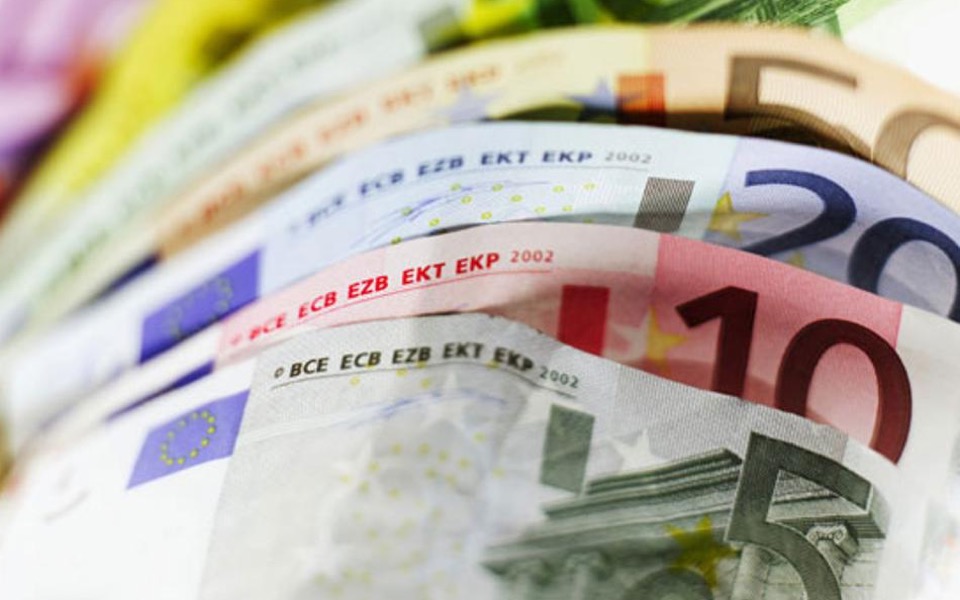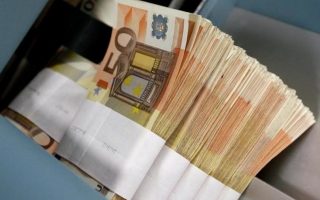Government unveils blueprint for the utilization of European resources

The energy upgrade of the country’s building stock (mainly via the “Exoikonomo” program of state subsidies), the modernization of professional education and training, the digital transformation of the state and private investment will absorb the bulk of the National Recovery and Resilience Plan’s budget.
That is a summary of the masterplan the government presented on Wednesday which will be submitted to the European Commission on April 15.
The blueprint, to be financed by 18.2 billion euros in subsidies and €12.7 billion in loans from the Next Generation EU fund, and complemented by private capital to reach up to €57.4 billion, contains a list of 170 projects and reforms that are seen fulfilling a multitude of needs in the Greek economy and aspire to contribute toward the improvement of its production model.
The government’s plan includes projects that shift Greece into the digital era, such as the fifth generation (5G) mobile networks on highways and the digital interconnection of islands, as well as urban facelifts such as those at Elaionas and Tatoi in Attica, as well as projects that have long been anticipated, such as the digitalization of the state’s archives, and have now secured the necessary financing. The construction of highways has been left out of the blueprint, with the exception of the highway across northern Crete and the E65 highway in central Greece.
“This constitutes a fundamental economic and social transformation,” the government argues, adding that it will create 180,000 jobs by 2026, increase the Greek gross domestic product by seven percentage points and raise private investments by at least 20%, encompassing virtually all sectors of the national economy.
The plan is based on four main pillars, in accordance with the guidelines of the European Commission: They are the “green” transition (€6 billion), the digital transition (€2.1 billion), the pillar of employment, skills and social cohesion (€5.2 billion), and that of private investments and economic transformation (€4.8 billion).





